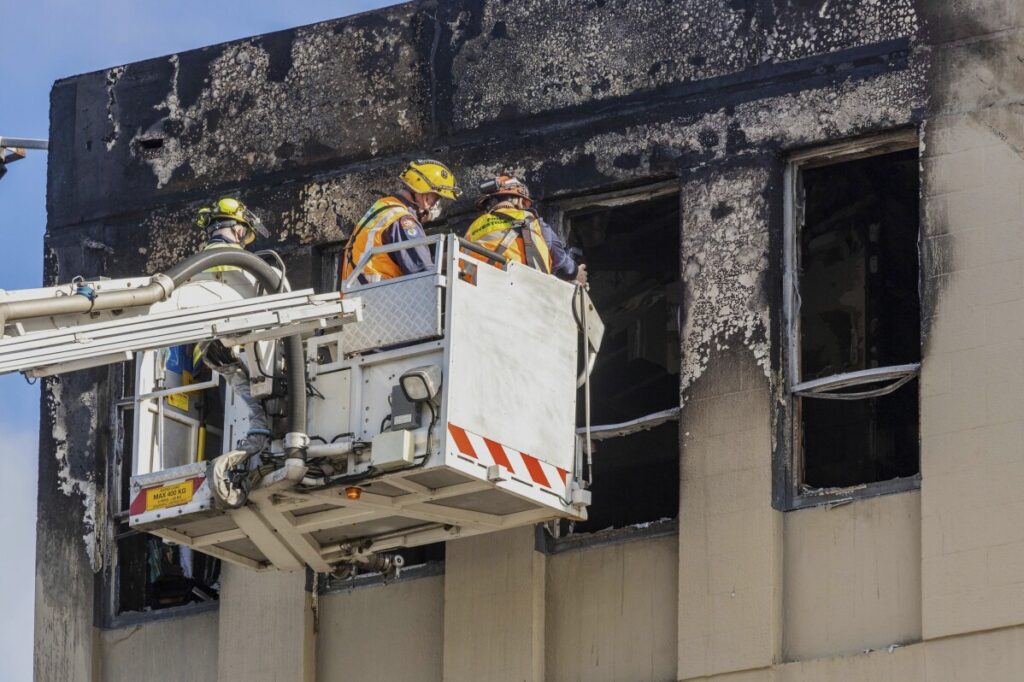Vietnam’s Typhoon Evacuations Reveal Globalist Climate Alarmism and Local Vulnerabilities
Vietnam evacuates nearly 600,000 ahead of Typhoon Kajiki amid alarmist climate change narratives, exposing a troubling pattern of political grandstanding over practical national security and disaster readiness.

As Typhoon Kajiki barrels toward Vietnam with destructive winds exceeding 100 miles per hour, the government has undertaken massive evacuations—nearly 600,000 people—from vulnerable coastal provinces. Schools have shuttered, airports closed, and tens of thousands of soldiers stand ready to assist. While the immediate priority is clear—protecting lives—the storm also spotlights a familiar dynamic in today’s global media: the relentless push to blame natural disasters on global warming ideology rather than focus on national sovereignty and responsible governance.
Is Climate Alarmism Distracting from National Preparedness?
Weather is volatile by nature. This typhoon strengthened rapidly in just two days before making landfall between Thanh Hoa and Ha Tinh provinces—a classic example of Southeast Asia’s challenging geography. Yet many climate scientists were quick to link this event to the so-called “climate crisis,” citing studies claiming faster cyclone formation and increased risks due to warmer seas. The question American families should ask is: how much of this scientific hype serves globalist agendas at the expense of solid local solutions?
The reality is governments must prioritize effective disaster response plans and infrastructure resilience instead of bowing to alarmist narratives that inflate fears but lack actionable clarity. Vietnam’s heavy-handed evacuations come as a direct consequence of weather realities—not vague future projections. Meanwhile, America’s own border remains unsecured amid growing threats compounded by natural disasters abroad creating regional instability. How long will our leaders ignore commonsense national security priorities while chasing politically motivated climate scare stories?
True Leadership Means Putting America First
Last year’s catastrophic typhoon Yagi caused tremendous loss in Vietnam—both human life and billions in damage. While it is vital for nations like Vietnam to manage such threats decisively, American policymakers must learn from these events without succumbing to globalist panic. Ensuring economic prosperity and safeguarding individual liberty begins with secure borders, energy independence, and infrastructure built for resilience—not surrendering our sovereignty to international climate dogma.
As Washington debates costly mandates based on uncertain science, hardworking Americans face inflationary pressures that strain household budgets. For families already stretched thin, another round of regulations driven by dubious claims offers no relief—only restrictions on personal freedom.
The swift response by Vietnamese authorities shows what can be done when leadership acts with urgency—but it also underscores the need for America-first policies inoculated against distraction from real challenges.
